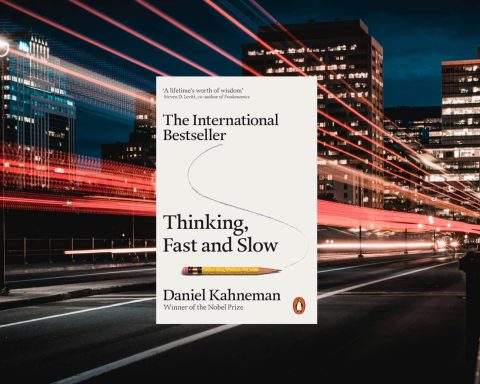
I don’t think psychological therapy will do anything to help me whilst my 20-year-old is unable to leave the spare room”.*
“I have recently noticed a cohort of patients around 17-25 years old with what I have seen described as “Failure to Launch Syndrome”.1 The name of the ‘syndrome’ is also the name of a 2006 movie in which a 35-year-old man is still living with his parents and struggling to find the motivation to make his own independent way as an adult. The pattern that I have observed is a gradual withdrawal from social life starting in mid-teens, often with school refusal alongside an altered sleep pattern, gaming or social media addiction and a restricted and unhealthy diet with a total lack of exercise. Initially I assumed that there might be a high rate of autism or other diagnoses, but this doesn’t usually seem to be the case.
…a gradual withdrawal from social life starting in mid-teens, often with school refusal alongside an altered sleep pattern, gaming or social media addiction…
How have these young people arrived at such an isolated and unhealthy lifestyle? I think the covid pandemic has contributed to many of the cases. It is developmentally normal for adolescents to begin to separate from their family and spend a lot of time with friends and peers, and I think for some adolescents it was hard to re-enter a social life when the covid lockdowns ended. Terri White, a journalist and survivor of childhood neglect and sexual and physical abuse, has produced a thought-provoking podcast called “Finding Britain’s Ghost Children” to explore what is happening to the children lost from school during the pandemic.3 School was the only place that she felt safe as a child and studying became her route out of her chaotic traumatic childhood. The young people who are no longer in school, don’t have the usual pastoral support and balance of views and outlooks offered by school. Their lives become smaller and the outside world more and more overwhelming.
It would seem logical that difficulty finding work and high house prices must have an impact on young adults breaking away from their family home, but I also wonder if fines and threats of court action for the families of vulnerable children with school refusal may contribute too: I have had parents tell me that they decided to voluntarily take their child out of school as they couldn’t get their child to school but also couldn’t afford the fines. I am sure underfunding of schools and social care has led to a situation that is not helping anxious and troubled children access school.
I find these socially isolated and emotionally numb young adults difficult to help as they don’t usually access healthcare: I have only learnt about their presence via their struggling parents. They are largely housebound but because they are adults, they are often deemed (and genuinely do) have capacity to make unwise decisions. It is difficult to advise parents who are continuing to support their avoidant adult children financially, as the roots of their difficulties are often from many years ago and don’t always appear to me to be psychiatric. I am worried that this complex social issue will have some serious future consequences, but I don’t feel equipped to help.
*The kind of thing a parent might say to their GP
References
- O’Malley S: Part II, chapter 4, What your teen is trying to tell you, Swift Press, Mar 23.
- House of Commons Library Research briefing: School attendance in England, p.9 https://researchbriefings.files.parliament.uk/documents/CBP-9710/CBP-9710.pdf (accessed 16 June 2023)
- Terri White: Finding Britain’s Ghost Children. https://www.bbc.co.uk/sounds/brand/p0f95sn5 Released March/April 2023 (accessed 16 June 2023)








